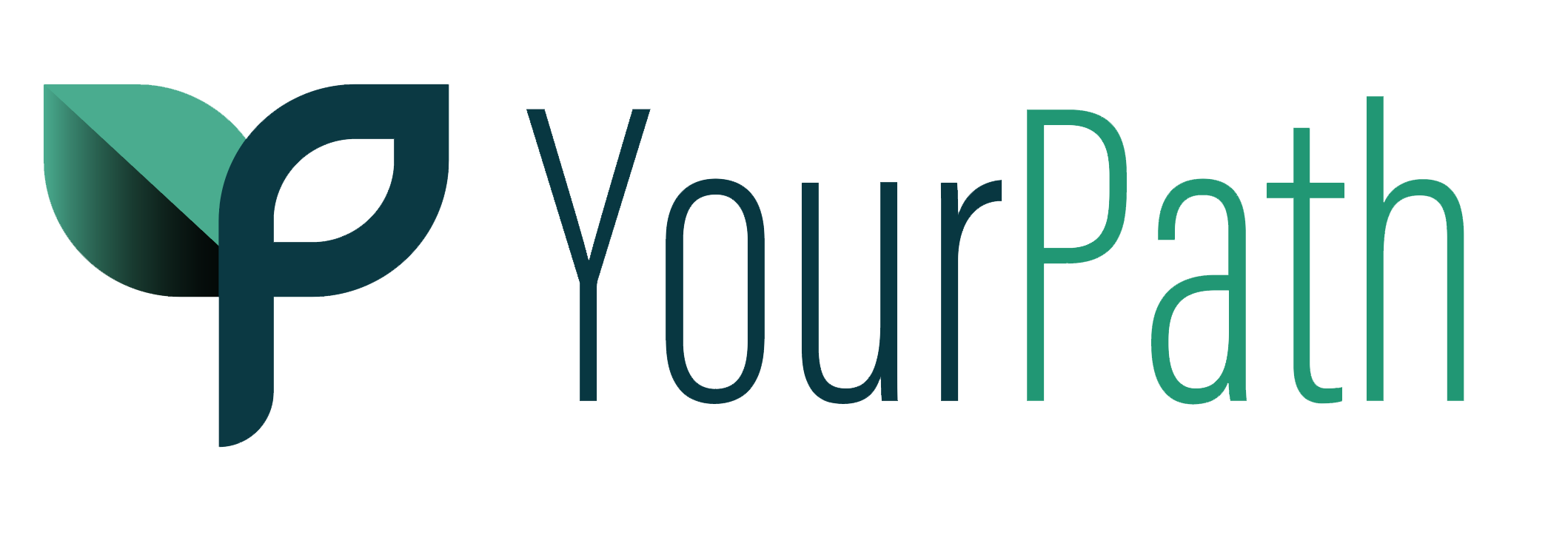Hoops, hurdles and harm
I was fishing with our Chief Recovery Officer Luke Kjolsing this summer, sitting on a boat fishing for catfish in the Mississippi River. We were discussing the efficacy of different interventions, and settled on ice-cold water as the most-effective intervention we could think of in that moment. It was 95 degrees.
The Twin Cities had seen an increase in the number of people sleeping outside, and some of the encampments were pretty large. Lots of people in the community were showing up to help, and folks were getting naloxone, clean rigs, safer use kits and other materials to people. And, I think that cold water was maybe the best thing we could offer folks that week. Nothing brought a smile to folks’ face but the cooler in the wheelbarrow.
Of all of the things that our systems are set up to provide, all of the things we have a ton of, none of them would crack the list of the top 50 things folks at the camps would say they need.
Want some therapy with an undertrained, overworked, burnt out social worker? We have tons of that. You have to wait three weeks and its only available virtually and we'll need to see your ID and insurance card, but yeah, we have tons of that.
Housing? Ok, we have a couple vouchers for a hotel that you can access. Please show up at 11:13am across town to meet with somebody to complete the paperwork. We will call you when you are approved. After you have three negative covid tests.
You’re ready to enter treatment for substance use? Great. We have an appointment with an assessor on Tuesday. When’s the last time you had a Rule 25? We are only doing these virtually at this time. Do you have internet? Just call us at 10:30am. You completed the assessment? Great. The next bed is available in 10 days. You should be happy! Usually, the wait is much longer.
The administrative burdens our systems impose on people kill. They burn piles of money. They are self-inflicted wounds and serve no practical purpose but to ration care. And maybe that’s the point?

